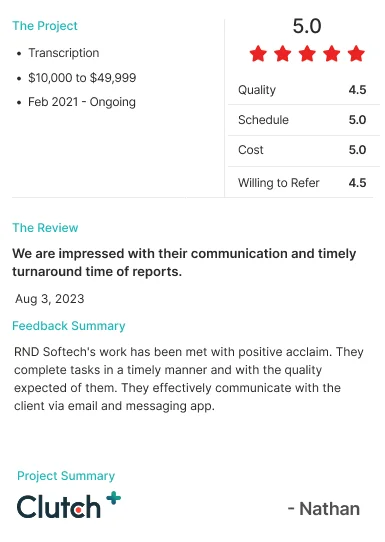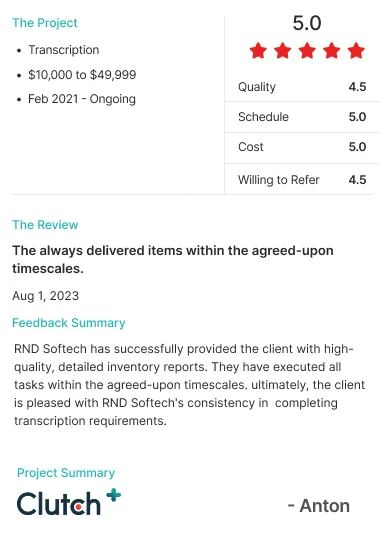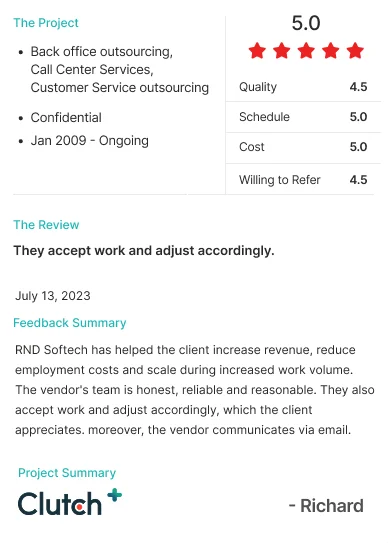Schedule of condition
A Schedule of Condition is vital in property inventory management, providing a detailed record of a Building condition report at a specific time. This document comprehensively outlines the existing state of the property, including any pre-existing damages or wear and tear. It serves as a baseline reference during property inspections and is particularly crucial in tenancy agreements, ensuring accurate assessments of any changes or damages over time. Property managers and tenants rely on the Schedule of Conditions to establish accountability and transparency in property transactions and management.
Efficiently manage your real estate assets with a comprehensive Property Inventory, utilizing a detailed Schedule of Condition template. Streamline rental property inspections and ensure thorough assessments through Inventory Reporting and specialized Property Condition Assessments. Uplift your inventory management in real estate with Residential Inventory Checklists and benefit from professional Landlord Inventory Services.











.webp)
